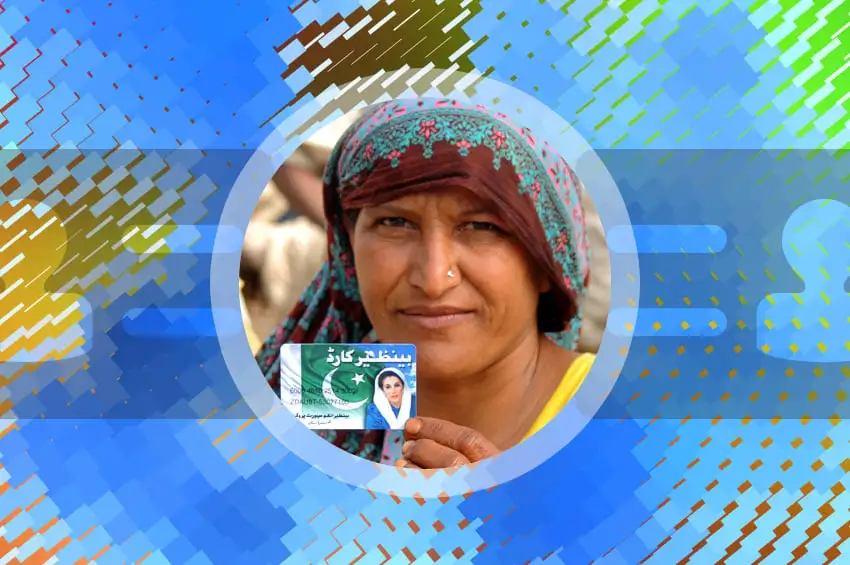BISP-NADRA SIGN MOU
The Benazir Income Support Programme (BISP) and the National Database and Registration Authority (NADRA) have jointly initiated a comprehensive survey under the Dynamic Registry initiative. This landmark collaboration, with the primary objective of catering to the most economically vulnerable individuals in Pakistan, was officially sealed through a bilateral agreement signed on Monday. The signing ceremony was graced by the presence of top officials from both BISP and NADRA. NADRA will play the leading role in data collection and analysis. The dynamic survey will draw on NADRA’s database and machine learning techniques to identify high-risk households.
Dynamic Registry for Social Welfare of Pakistan
The Dynamic Registry is a forward-thinking approach to social welfare that allows for real-time updates and adjustments to household information. Under this initiative, applicants can now register any changes in their household circumstances promptly. This dynamic system is set to revolutionize the way social support is provided, ensuring a more accurate and up-to-date representation of those in need. The survey will be conducted in phases, with the first phase targeting four districts in Punjab, Sindh, Khyber Pakhtunkhwa (KP), and Balochistan. It is the first step towards building a comprehensive registry of poverty in the country and achieving the Sustainable Development Goals (SDGs) of eradicating extreme poverty by 2030.
BISP’s Vision on Dynamic Registry
Ms. Shazia Marri, the Federal Minister for Poverty Alleviation and Social Safety and Chairperson of BISP, expressed her commitment to empowering disadvantaged communities, particularly women. She emphasized that BISP is dedicated to conducting a new survey under the Dynamic Registry for women who were unable to participate in the initial survey. This inclusionary approach aims to eliminate barriers and ensure that no deserving individual is left behind.
Ms. Marri also highlighted the importance of simplifying the process of obtaining Computerized National Identity Cards (CNICs) for persons with disabilities. Acknowledging the challenges they face, she assured Chairman NADRA of her full support in enacting any necessary legislation to streamline this process. This commitment reflects BISP’s dedication to removing procedural hurdles that have hindered access to essential services for persons with disabilities.
A Nationwide Impact of Dynamic Registry
One of the most significant aspects of this collaboration is NADRA’s commitment to establishing 647 dynamic registry offices across the country. This move will ensure that even the remotest areas have access to this modernized approach to social support. The data collected through this initiative will not only benefit BISP but also serve as a valuable resource for other government institutions, particularly in times of crisis when quick and informed responses are crucial.
The Role of NADRA in Dynamic Registry
Chairman NADRA, Mr. Tariq Malik, reaffirmed NADRA’s dedication to ensuring that the dynamic registry system is implemented efficiently. He emphasized the importance of updating marital status, disability information, and family details through biometric data. By integrating this information with the NADRA database, the dynamic registry system will help identify any errors in inclusion or exclusion, ensuring that assistance reaches those who truly need it.
Collaboration between BISP and NADRA
The collaboration between BISP and NADRA under the Dynamic Registry initiative is a commendable step towards achieving a more inclusive and efficient social welfare system in Pakistan. This partnership not only demonstrates a commitment to serving the poorest of the poor but also addresses the unique needs of persons with disabilities, ensuring they have access to the support they deserve. As this initiative unfolds, it is expected to bring positive changes to the lives of countless individuals and households, aligning with the vision of Shaheed Mohtarma Benazir Bhutto and emphasizing that social welfare is beyond any political affiliation and it is a fundamental right for every deserving citizen.
